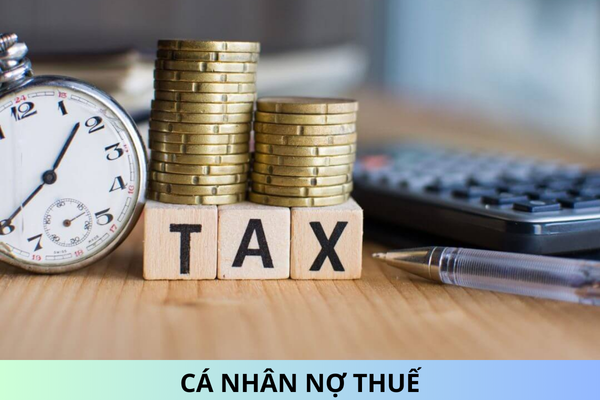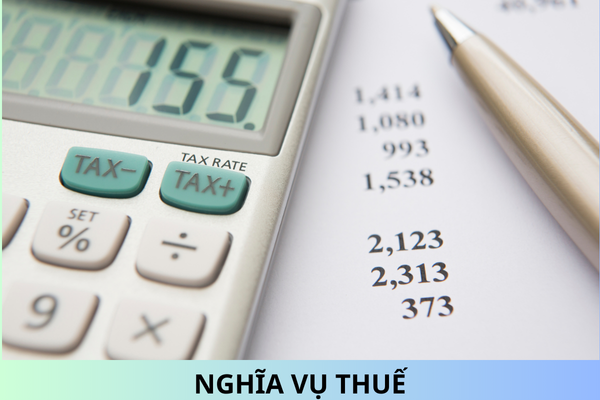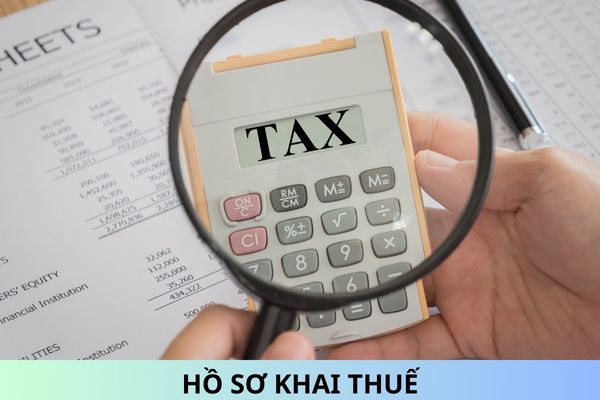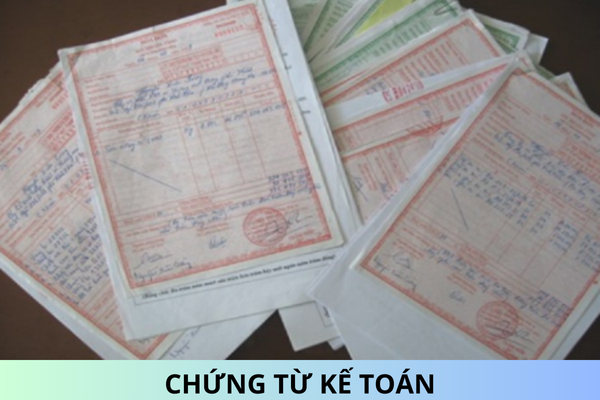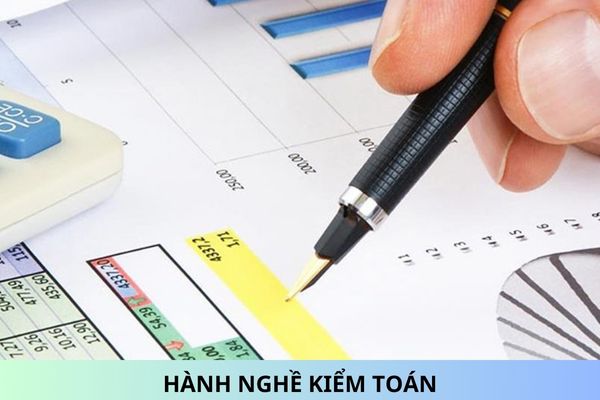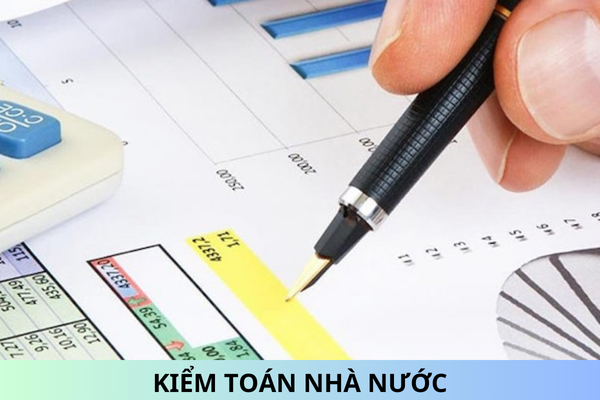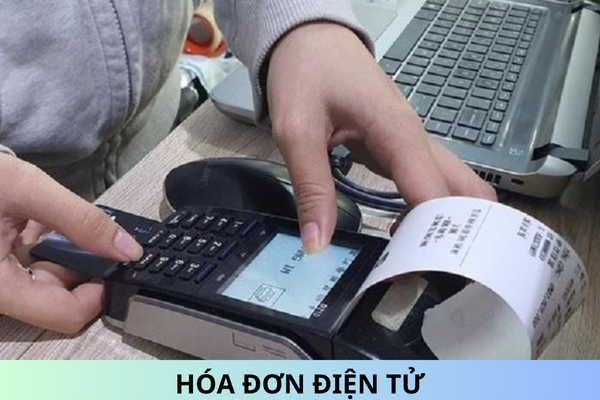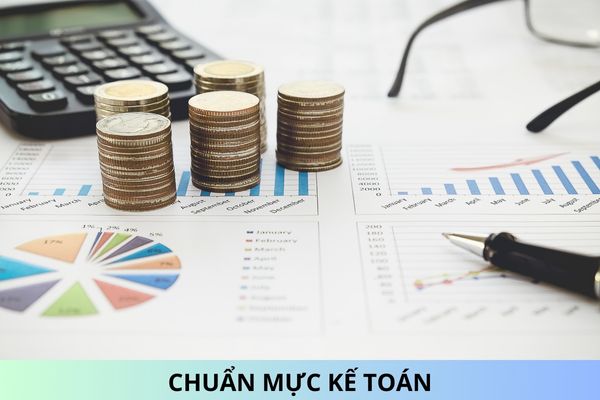What are instructions for preparing return invoices for goods imported abroad because of poor quality in Vietnam?
What are instructions for preparing return invoices for goods imported abroad because of poor quality in Vietnam?- Question from Ms. My (HCMC).
What are instructions for preparing return invoices for goods imported abroad because of poor quality in Vietnam?
In Clause 1, Article 8 of Decree 123/2020/ND-CP, there are regulations on invoice types as follows:
Invoice types
Invoices prescribed herein are classified into the following types:
1. Value-added tax (VAT) invoice is an invoice which may be used by organizations making VAT declaration by employing the credit-invoice method for the following activities:
a) Domestic sale of goods or provision of services;
b) Provision of international transport services;
c) Export of goods to free trade zones and other cases considered as export of goods;
d) Export of goods or provision of services in a foreign market.
2. Sales invoice is an invoice which may be used by the following organizations and individuals:
a) Organizations or individuals that declare and calculate VAT by employing direct method for the following activities:
- Domestic sale of goods or provision of services;
- Provision of international transport services;
- Export of goods to free trade zones and other cases considered as export of goods;
- Export of goods or provision of services in a foreign market.
b) Organizations or individuals in free trade zones that sell goods or provide services to the domestic market, sell goods or provide services to other organizations/individuals in free trade zones, or sell goods or provide services to a foreign market. In such cases, invoices must bear the phrase “Dành cho tổ chức, cá nhân trong khu phi thuế quan” ("For organizations/individuals in free trade zones”).
...
In Article 9 of Circular 219/2013/TT-BTC, there is a regulation on 0% tax rate as follows:
Tax rate of 0%
1. 0% VAT is applied to exported goods and services; construction and installation overseas and in free trade zones; international transport; exported goods and services that are not subject to VAT, except for the cases in Clause 3 of this Article, in which 0% VAT is not applied.
Exported goods and services are those that are sold to overseas organizations and individuals and are consumed outside Vietnam, sold to the entities in free trade zones, or sold to foreign customers as prescribed by law.
a) Exported goods include:
- The goods exported to other countries, including those under entrustment contracts;
- The goods sold to free trade zones as prescribed by the Prime Minister; the goods sold to duty-free shops;
- The goods that are delivered to the recipients outside Vietnam;
- Parts and supplies for repairing, maintaining vehicles, machinery, and equipment of foreign entities, and those that are used outside Vietnam;
- Cases of deemed exportation:
+ Forwarded processed goods under trade laws on international goods trade and export processing.
+ Exported goods delivered to a domestic recipient appointed by the importer (hereinafter referred to as domestic exports).
+ The goods exported to be sold at overseas fairs or exhibitions.
...
2. Condition for application of 0% tax:
a) The documents below are compulsory for exported goods:
- A sale contract, export processing contract, or export entrustment contract;
- Bank receipts for payment for exported goods and other documents prescribed by law;
- A customs declaration prescribed in Clause 2 Article 16 of this Circular.
If goods are delivered to a recipient outside Vietnam, the seller must provide documents proving the delivery of goods outside Vietnam such as: a contract to buy goods signed with an overseas buyer, a contract to sell goods signed with the buyer, documents proving that goods are received outside Vietnam such as commercial invoices, bills of lading, packaging notes, Certificates of Origin, etc.; bank receipt for the payment to the overseas seller by the taxpayer, bank receipt for the payment to the taxpayer by the buyer.
Example 48. Company A and company B signs a contract to buy grease (both of them are Vietnamese companies). Company A buys grease from several companies in Singapore, then sell it to company B at a port of Singapore. If company A has contracts to buy grease signed with the companies in Singapore, the contract to sell grease to company B, documents proving that goods have been delivered to company B at a port in Singapore, bank receipts for the payments to grease companies in Singapore, and a bank receipt for the payment to company A by company B, 0% tax may be applied to the revenue earned by company A from selling grease to company B.
b) The documents below are compulsory for exported services:
- A contract to provide services for an organization or individual in another country or in a free trade zone;
- Bank receipts for payment for exported services and other documents prescribed by law;
Apart from presenting the aforesaid documents, providers of repair services for foreign aircraft and sea vessels must follow the procedure for importing the aircraft or vessel to Vietnam, and follow the procedure for exporting them after they are repaired in order to be eligible for 0% tax.
....
In Official Dispatch 74367/CTHN-TTHT of 2023, instructions for issuing invoices to return imported goods are as follows:
In case the Company declares VAT using the deduction method, imports materials abroad but does not meet the quality and returns them as agreed, when returning the goods, the Company must complete export procedures with the agency. Customs and VAT invoices for returned exported goods according to the provisions of Article 8 of Decree No. 123/2020/ND-CP.
Regarding tax rates and conditions for applying the 0% tax rate, the company follows the provisions of Article 9 of Circular No. 219/2013/TT-BTC dated December 31, 2013.
Thus, in case a company imports goods abroad but must return them because they do not meet the agreed quality, when returning the goods, the company must issue a VAT invoice for the returned goods. Specifically:
- Case 1: The company declares VAT using the deduction method and issues a VAT invoice;
- Case 2: The company declares VAT using the direct method and issues a sales invoice.
The time of issuing the invoice for returning imported goods is the time of transferring the ownership or use rights of the goods to the receiving party.
The company follows the tax rate and conditions for applying the 0% tax rate according to Article 9 of Circular 219/2013/TT-BTC.

What are instructions for preparing return invoices for goods imported abroad because of poor quality in Vietnam? (Image from the Internet)
Which imported goods are not subject to VAT in Vietnam?
Clause 19, Article 5 of the 2008 Value Added Tax Law stipulates non-taxable objects as follows:
Tax-exempted individual
....
19. Goods imported as humanitarian aid or non-refundable aid; gifts for state agencies, political organizations, socio-political organizations, socio-political-professional organizations, social organizations, socio-professional organizations or peoples armed forces units; donations or gifts for Vietnam-based individuals within the Government-prescribed quotas; belongings of foreign organizations and individuals within diplomatic immunity quotas; and personal effects within duty-free luggage quotas.
Goods and services sold to foreign organizations or individuals or international organizations for use as humanitarian aid, and non-refundable aid to Vietnam.
.....
Thus, imported goods that are not subject to VAT in Vietnam include:
- Goods imported for humanitarian aid and non-refundable aid.
- Imported goods are gifts to the following agencies:
+ State agencies.
+ Political organization.
+ Socio-political organization.
+ Socio-political and professional organizations.
+ Social organizations, socio-professional organizations,
+ People's armed units.
- Imported goods are gifts or gifts for individuals in Vietnam according to the Government's regulations.
- Imported goods are belongings of foreign organizations and individuals according to diplomatic immunity standards;
- Imported goods are goods carried along within duty-free luggage standards.
What is determination of VAT price for imported goods in Vietnam?
In Clause 1, Article 7 of the 2008 Value Added Tax Law, amended by Clause 2, Article 1 of the 2013 Amended Value Added Tax Law, there are regulations on VAT calculation prices as follows:
Taxable price
1. The taxable price is specified as follows:
a) Taxable prices of goods and services are VAT-exclusive prices; taxable prices of goods and services subject to special excise duty are the prices inclusive of subscriber information and exclusive of VAT; taxable prices of goods subject to environmental protection tax are prices inclusive of environmental protection tax and exclusive of VAT; taxable prices of goods subject to special excise duty and environmental protection tax are prices inclusive of special excise duty and environmental protection tax and exclusive of VAT;
b) Taxable prices of imported goods are prices at the border checkpoint plus import tax (if any) plus special excise duty (if any) plus environmental protection tax (if any). Import prices at the border checkpoint shall be determined in accordance with the regulations on taxable prices of imported goods;
...
Thus, the VAT calculation price of imported goods in Vietnam is determined as follows:
VAT calculation price of imported goods = Import price at the border gate + Import tax (if any) + Special consumption tax (if any) + Environmental protection tax (if any).
The import price at the border gate is determined according to regulations on taxable prices of imported goods.
Best regards!
